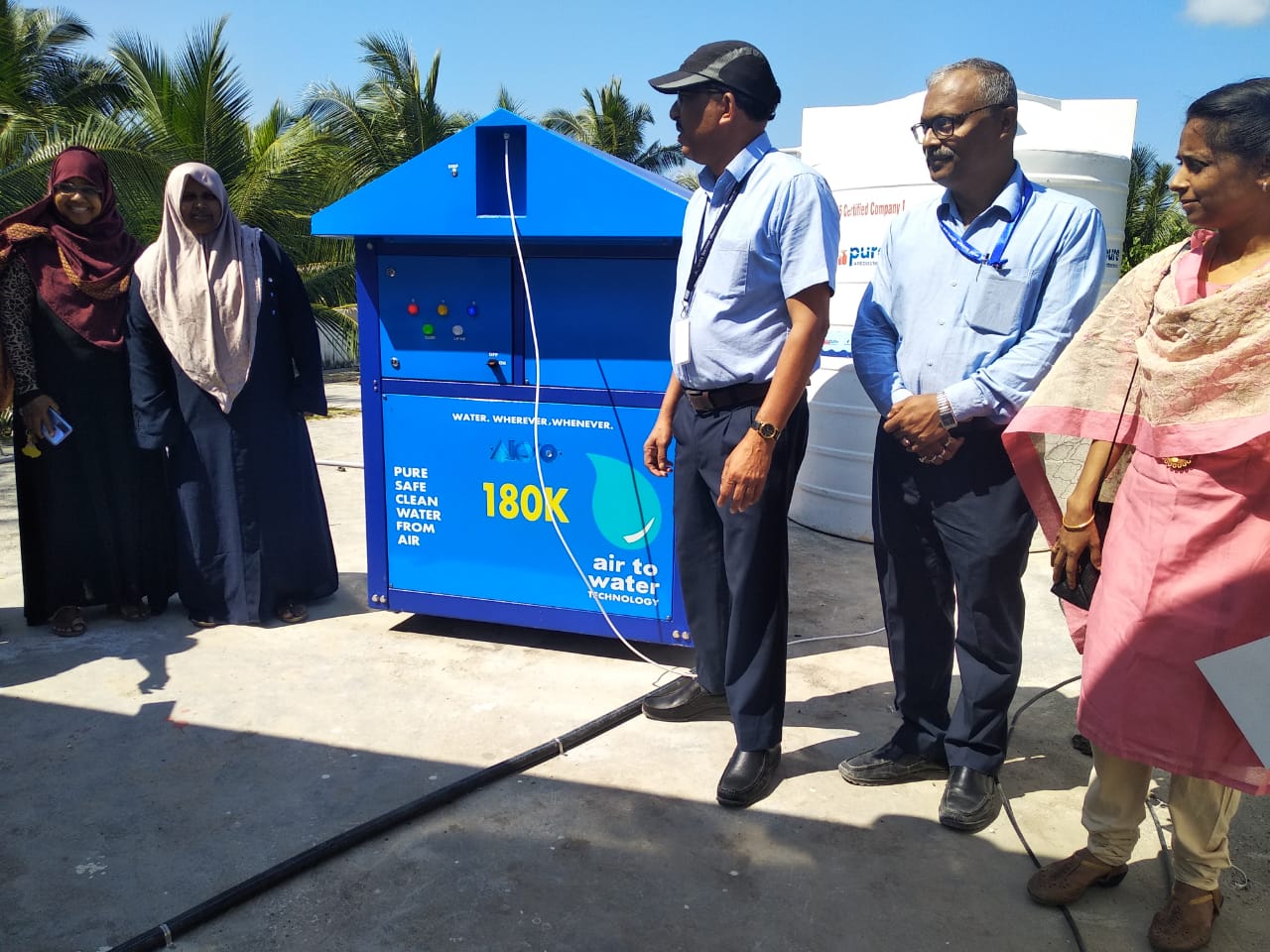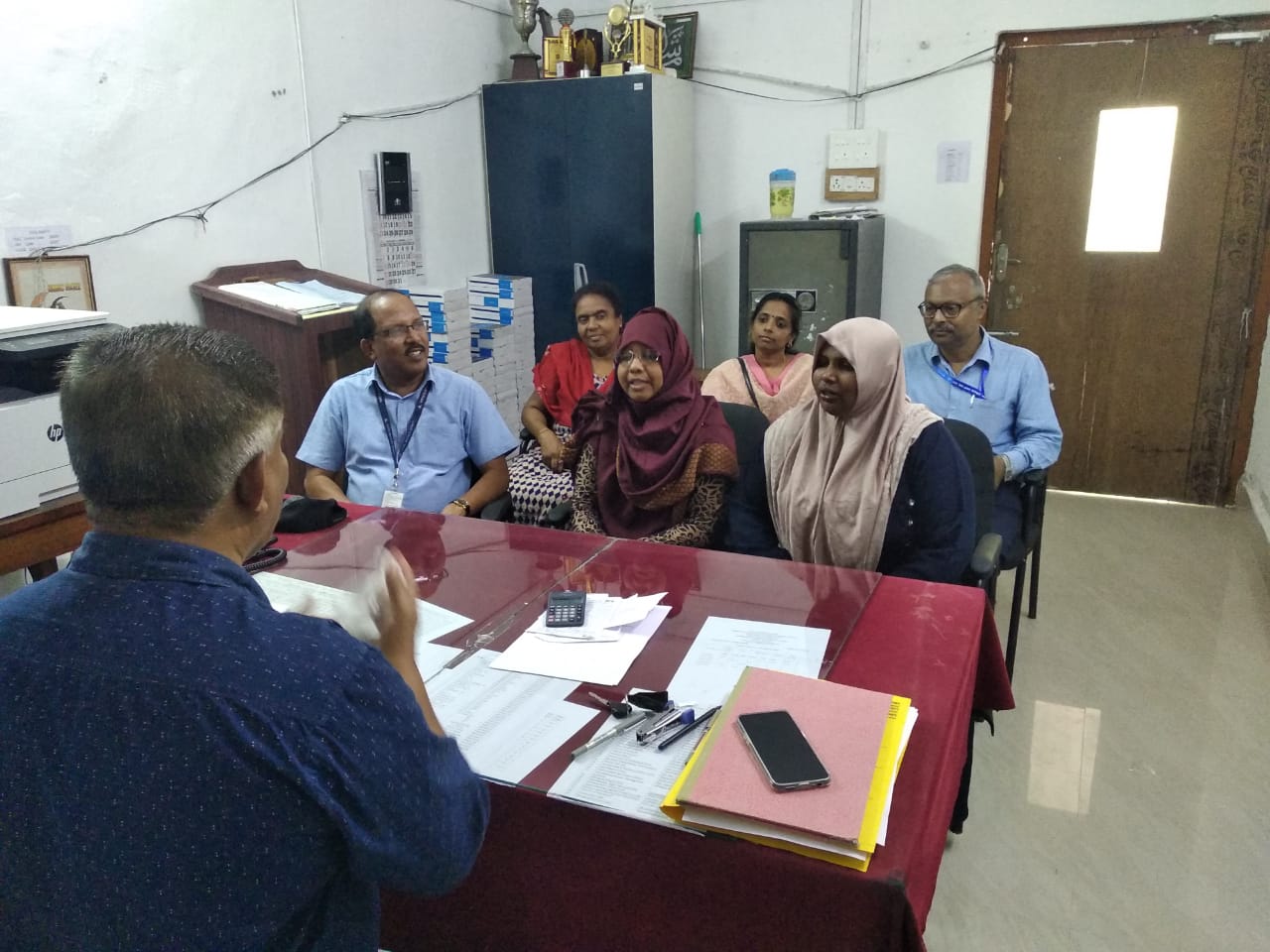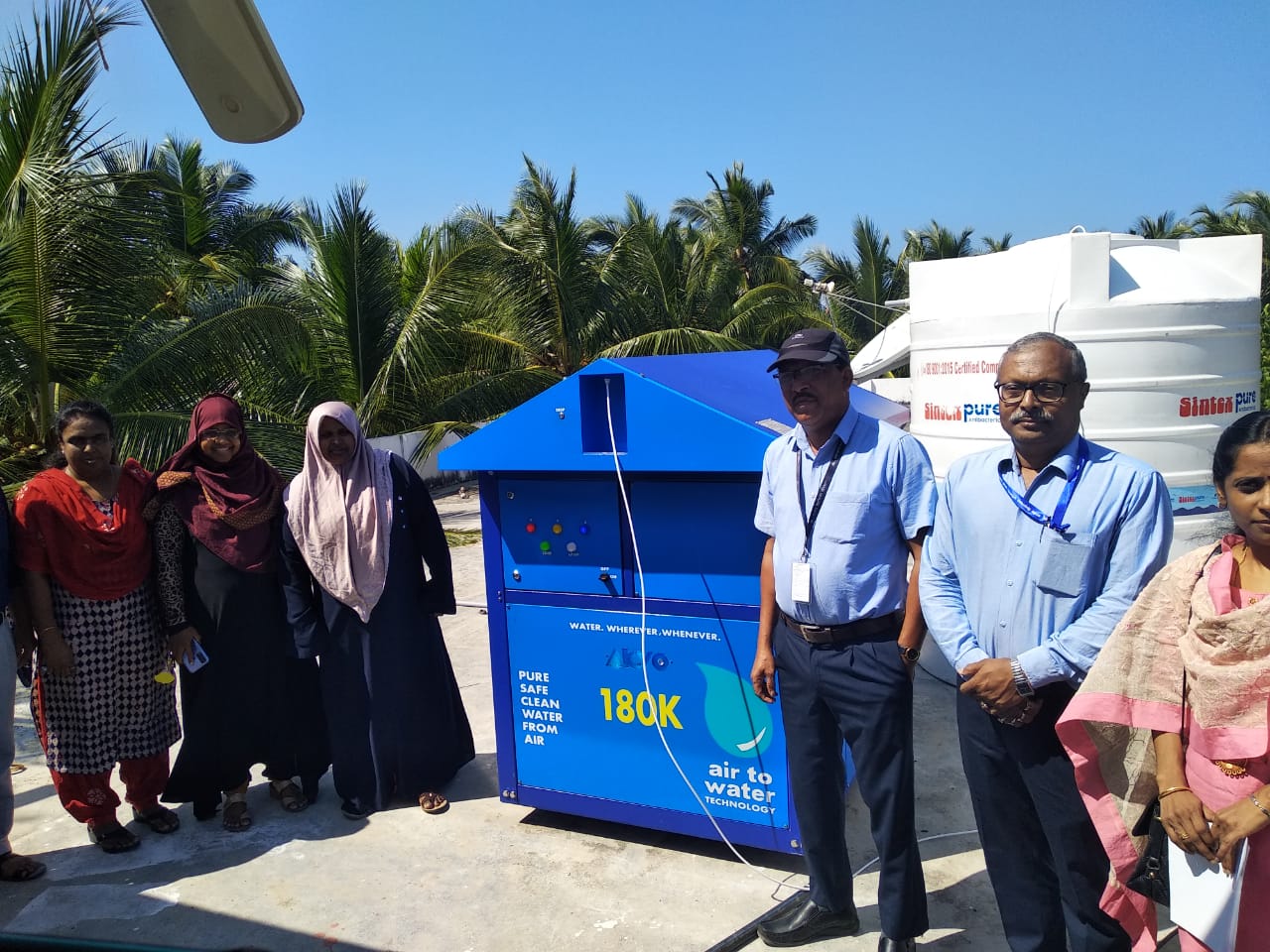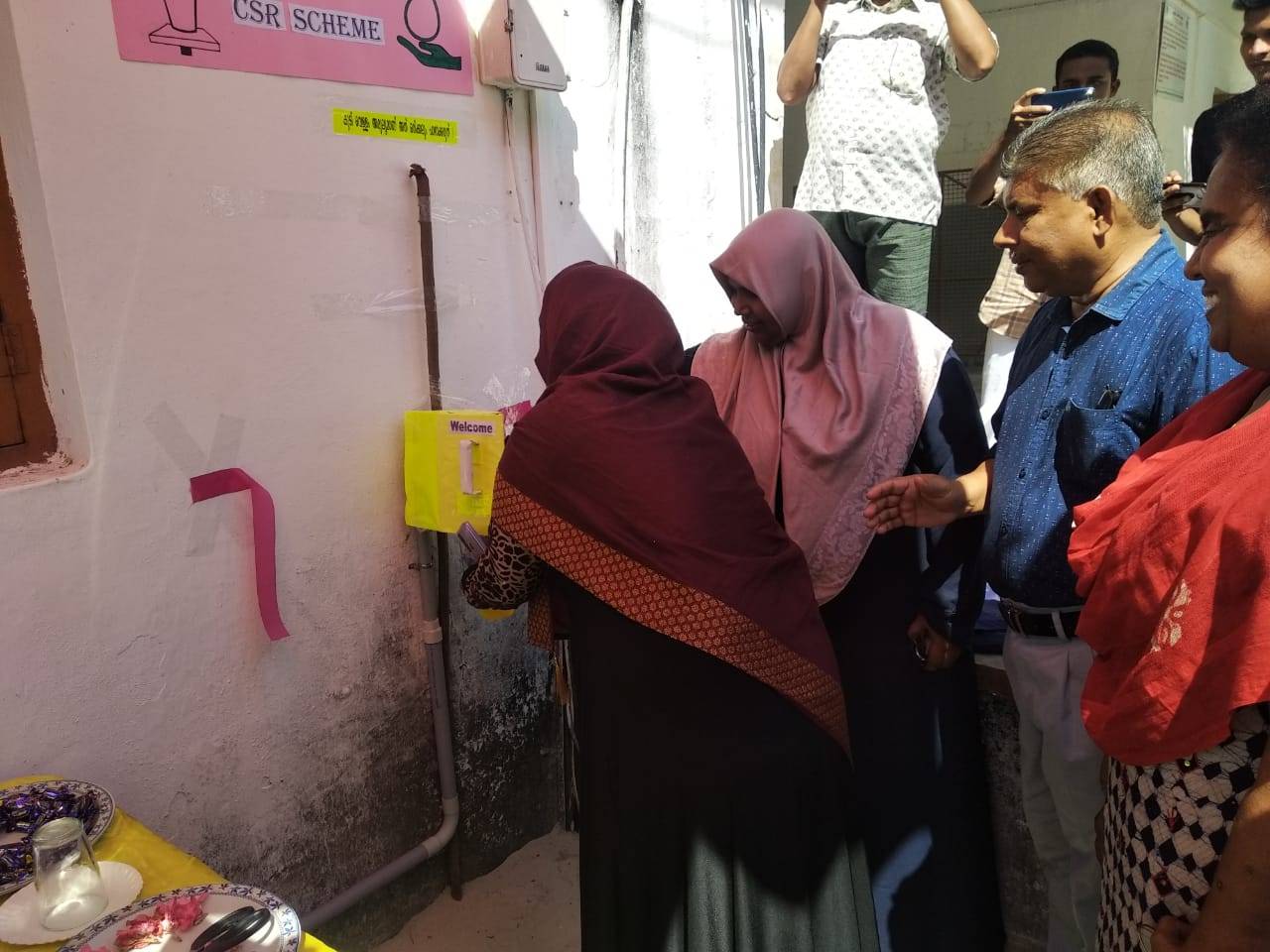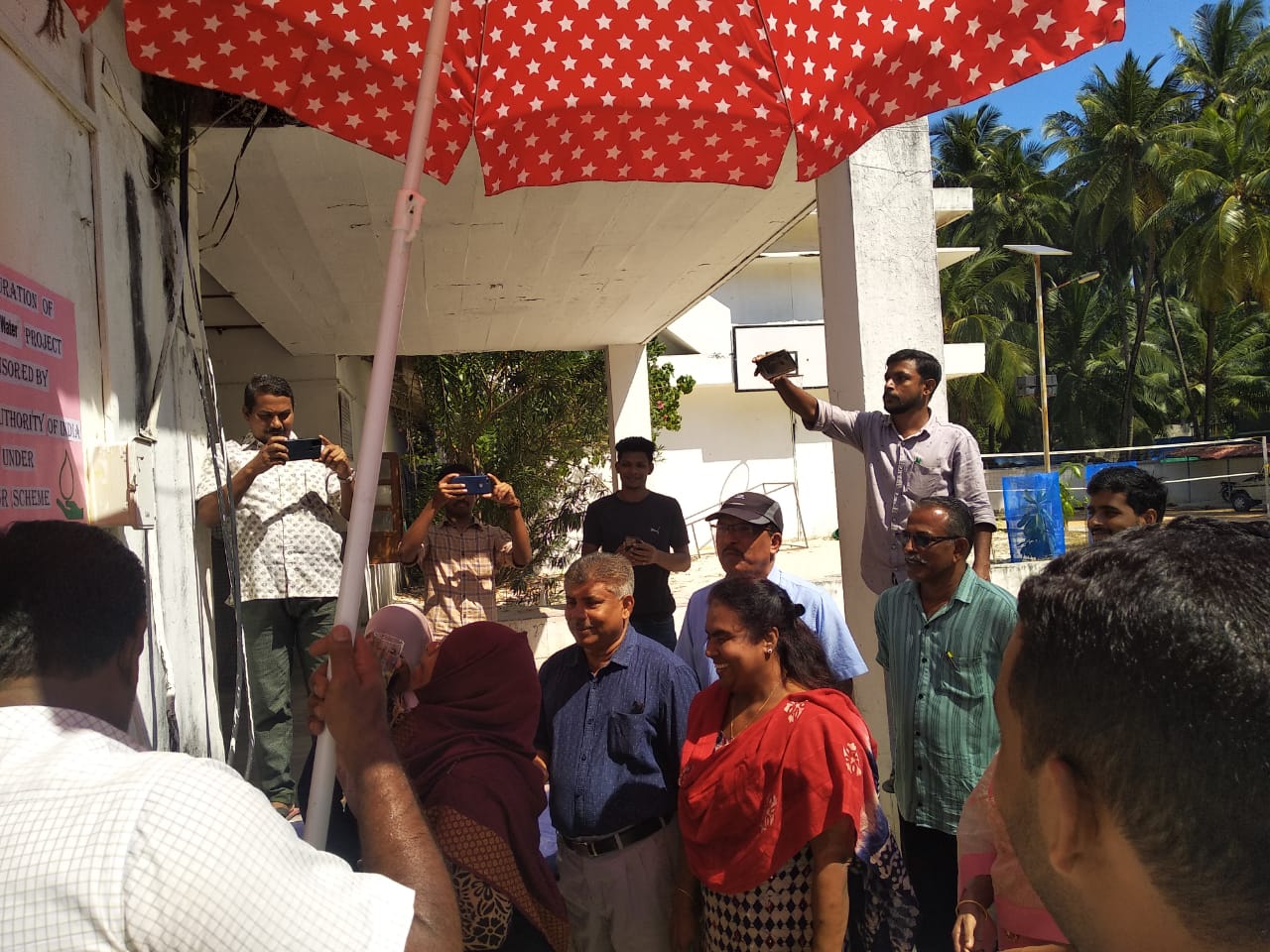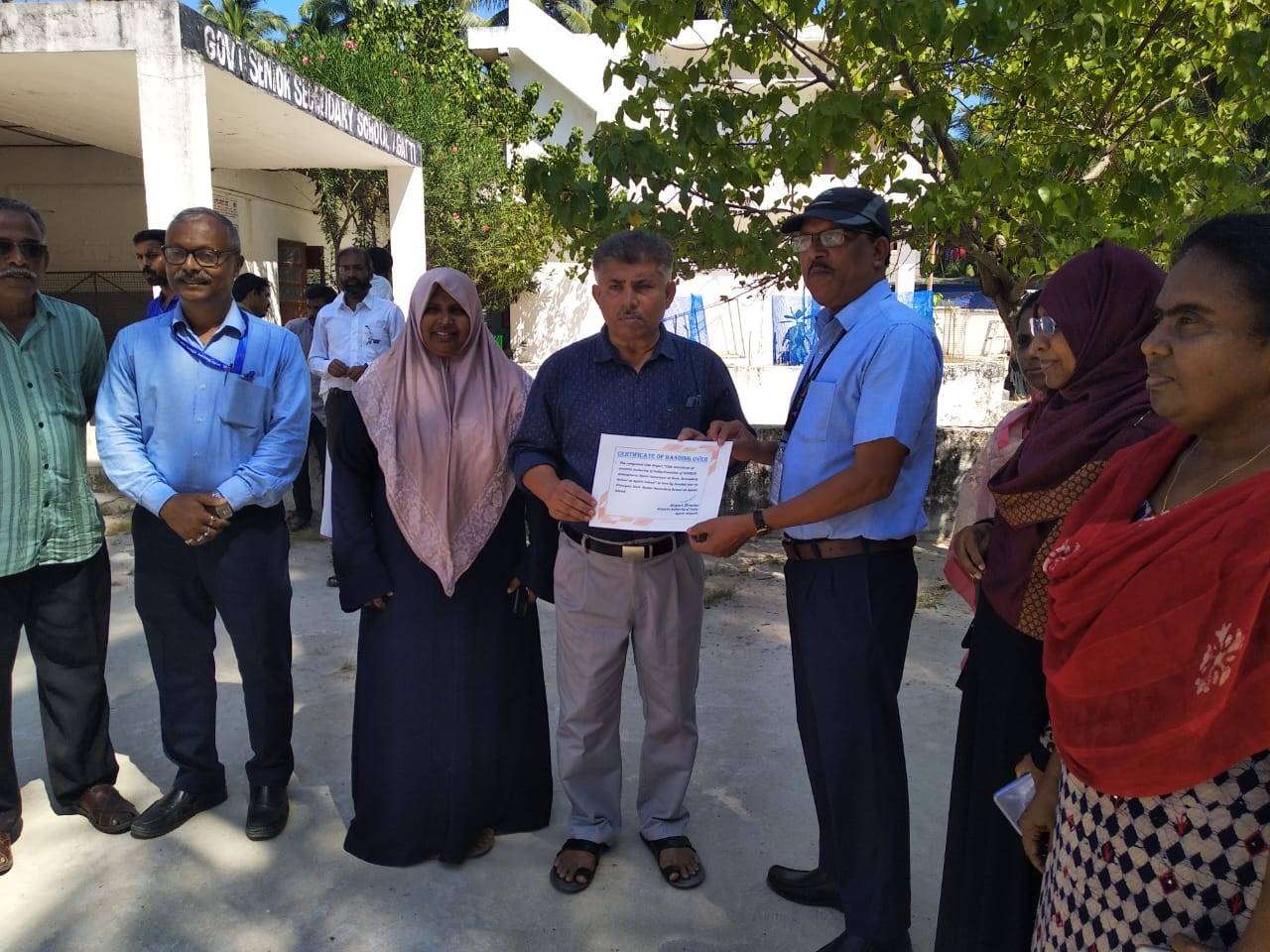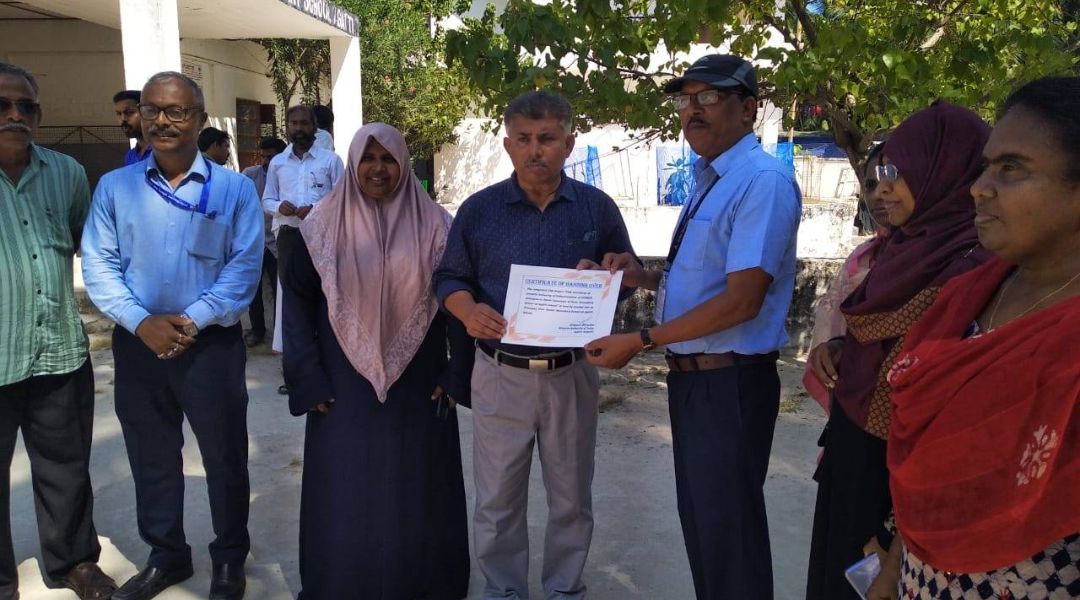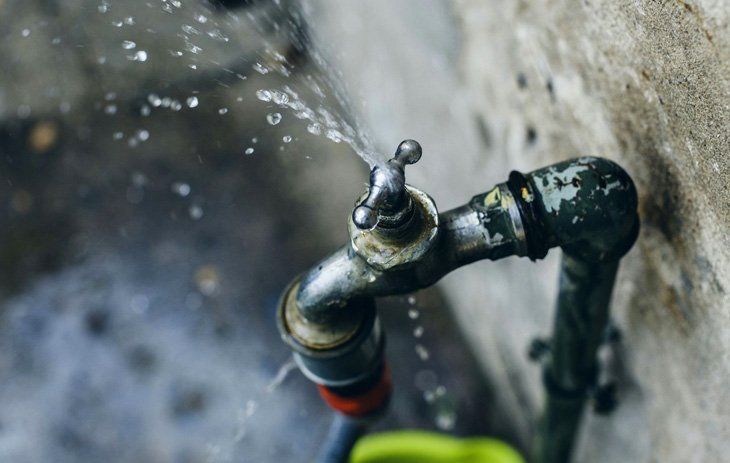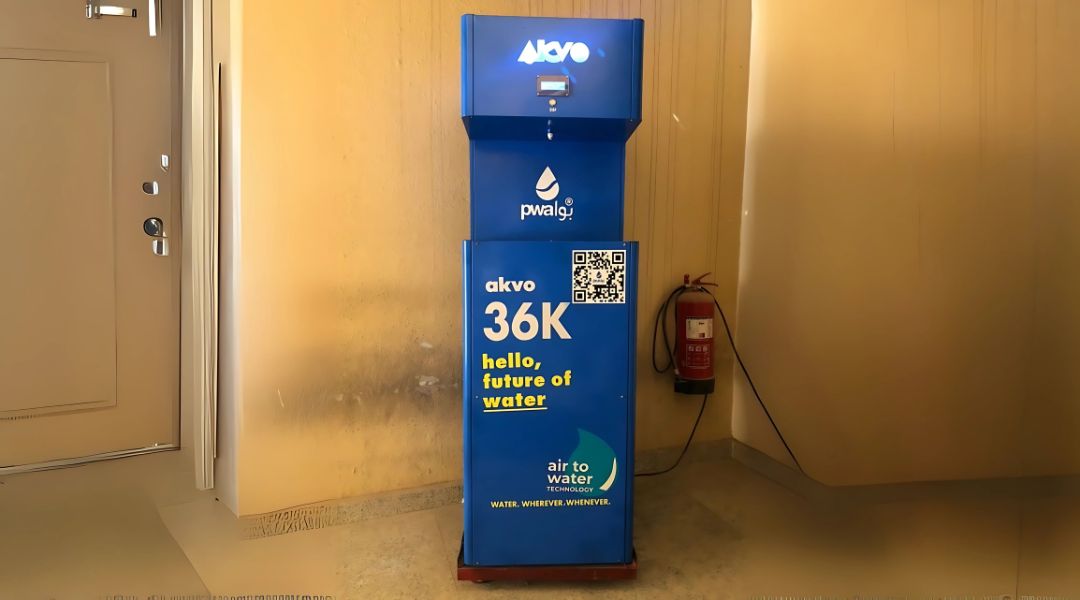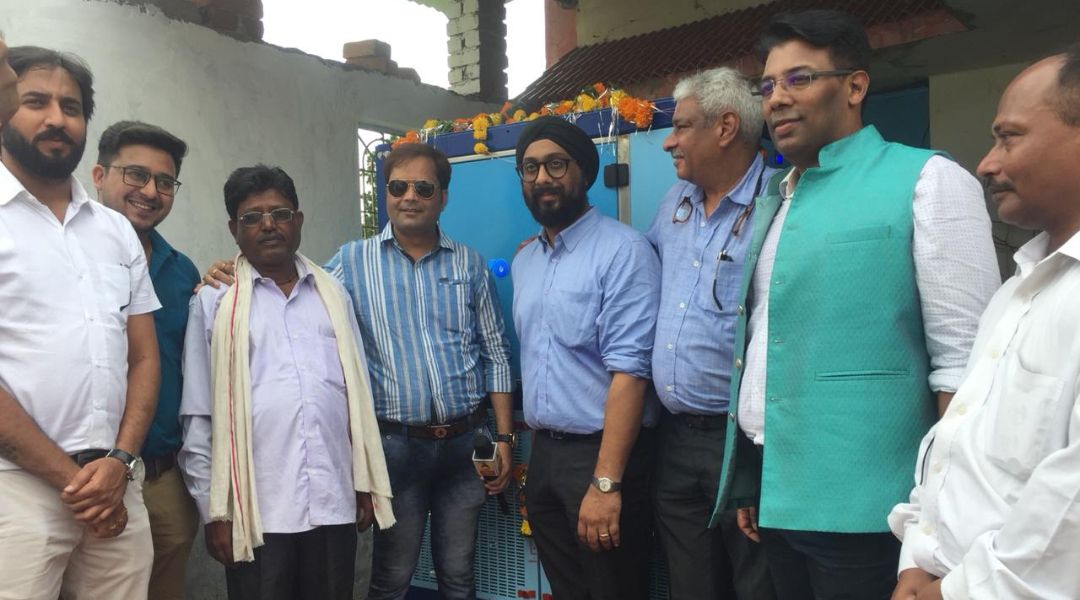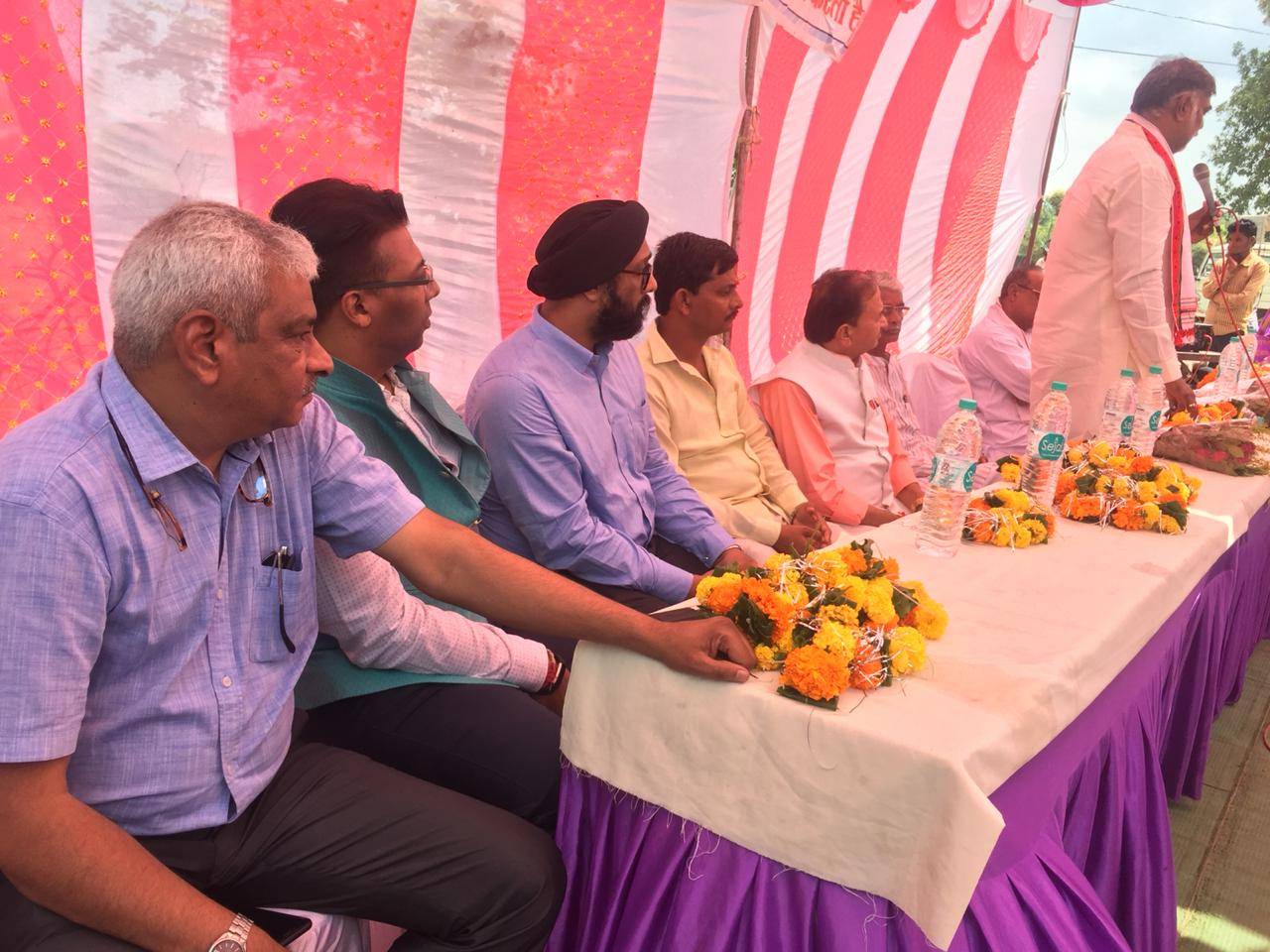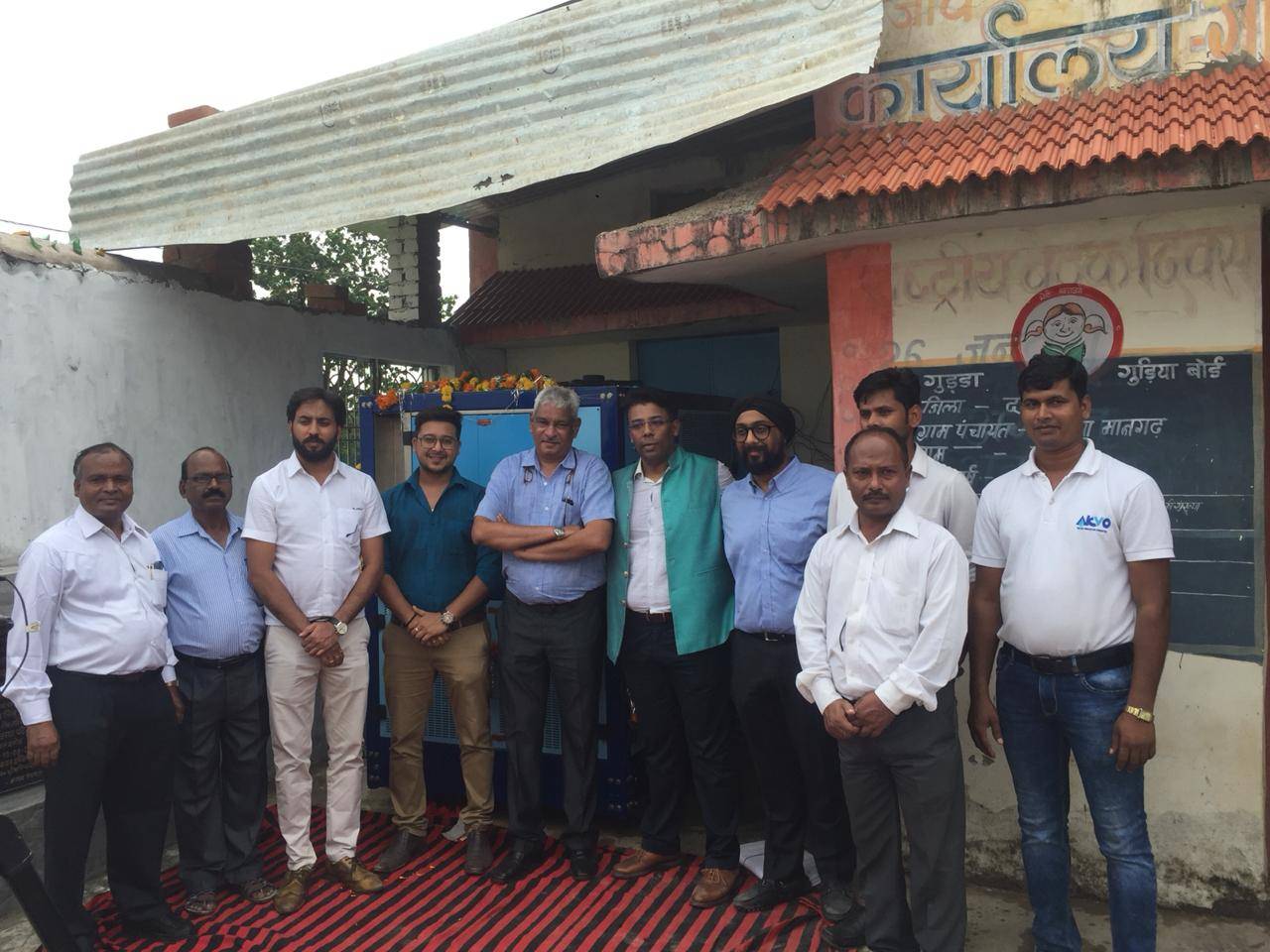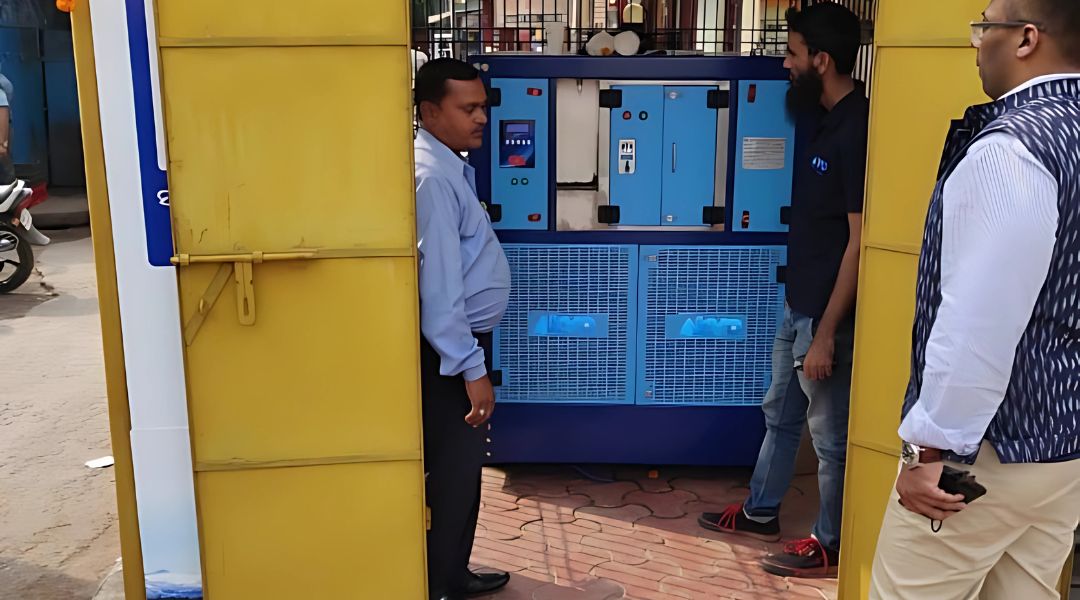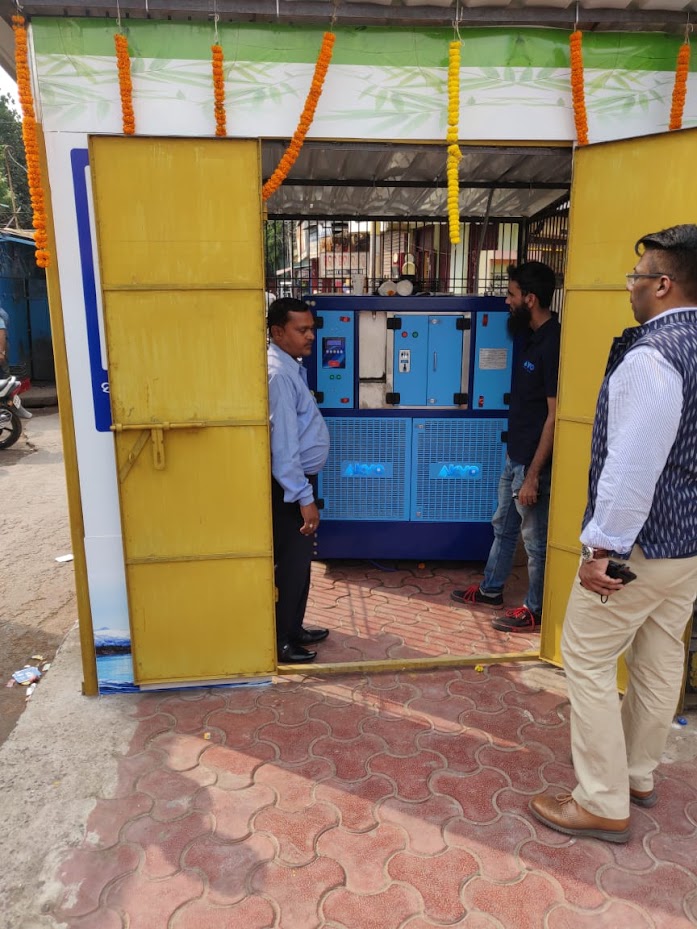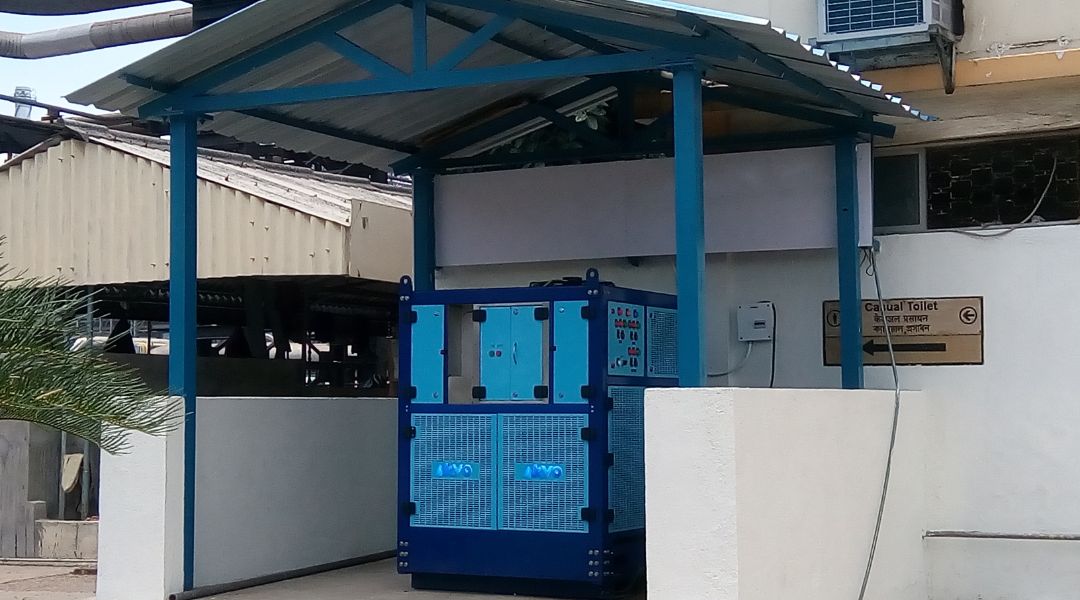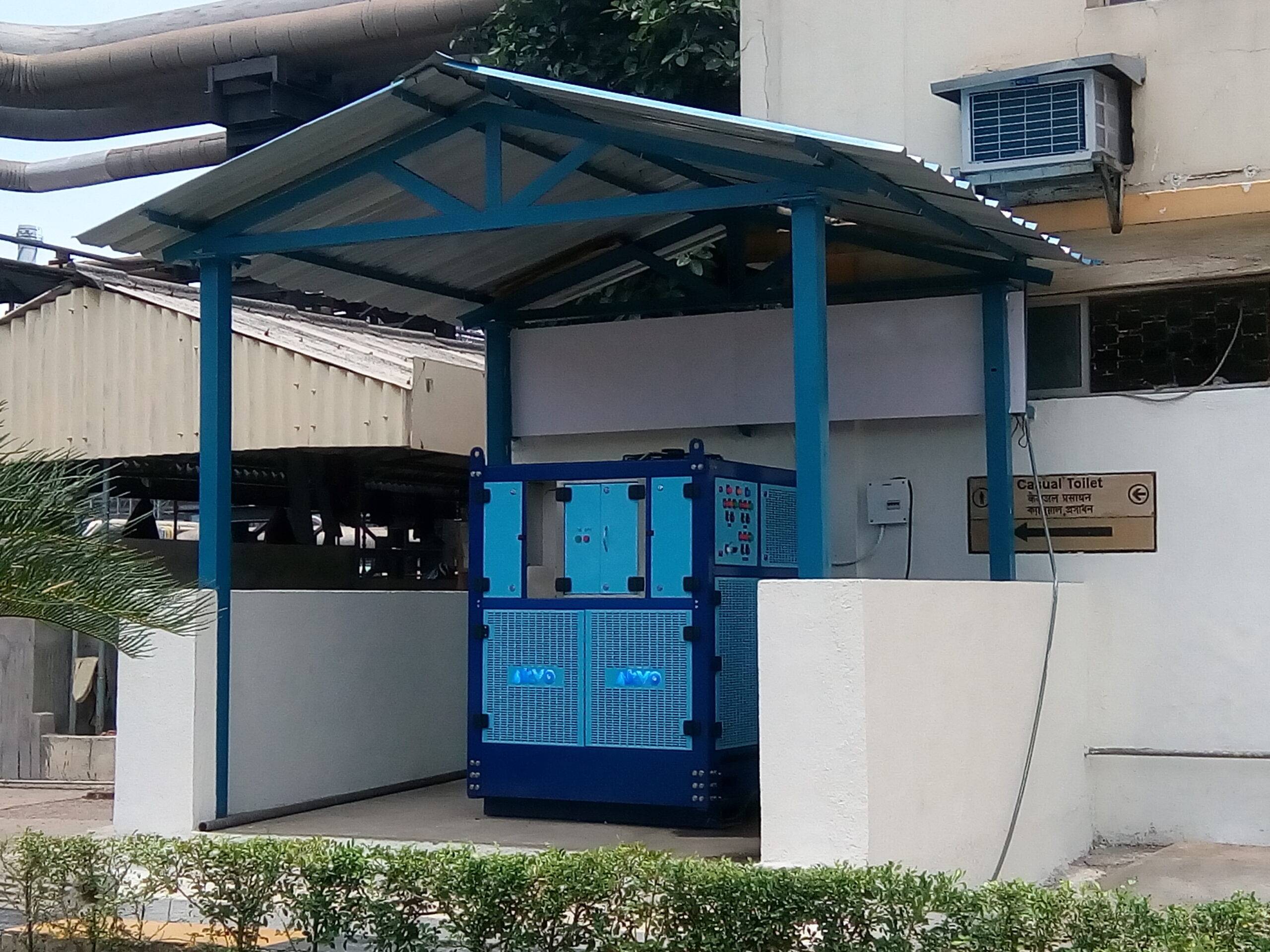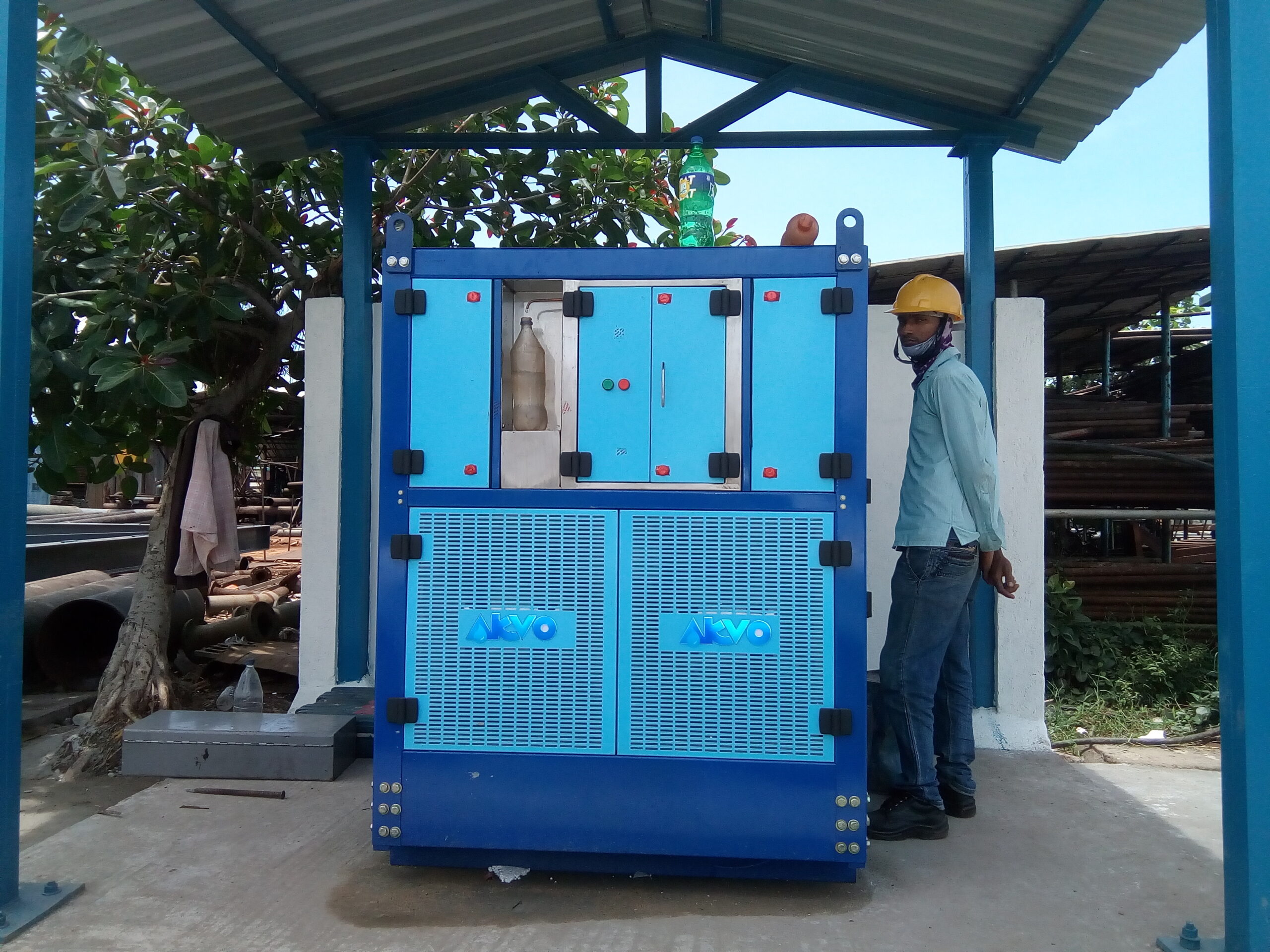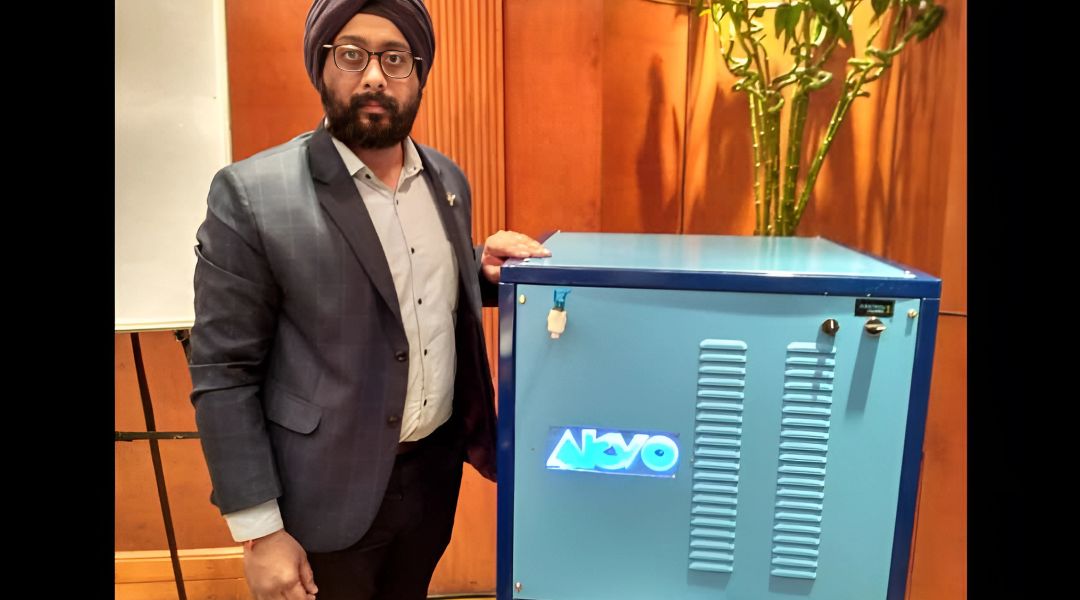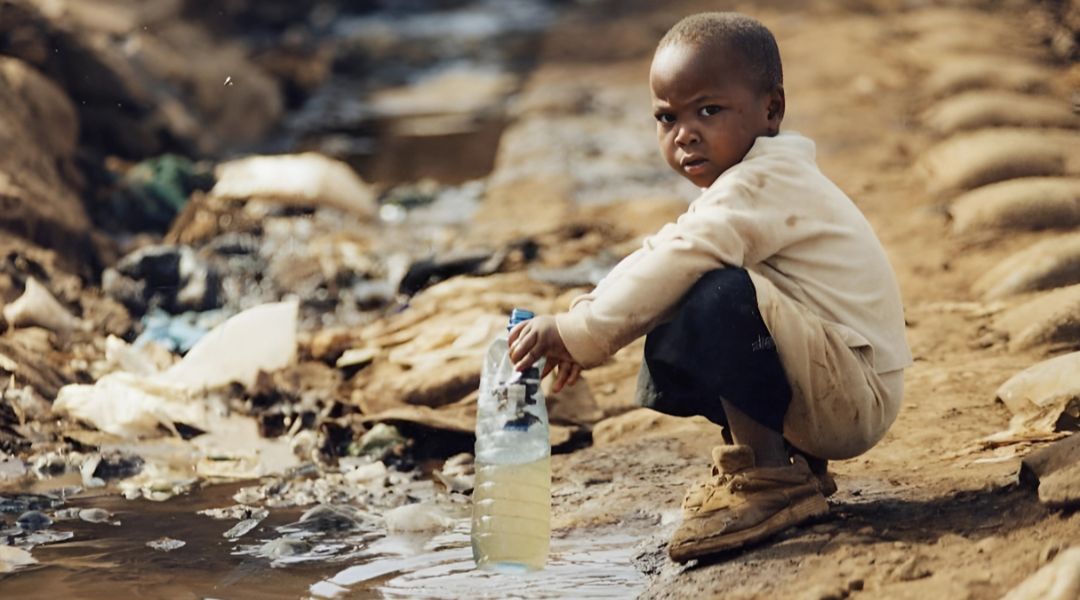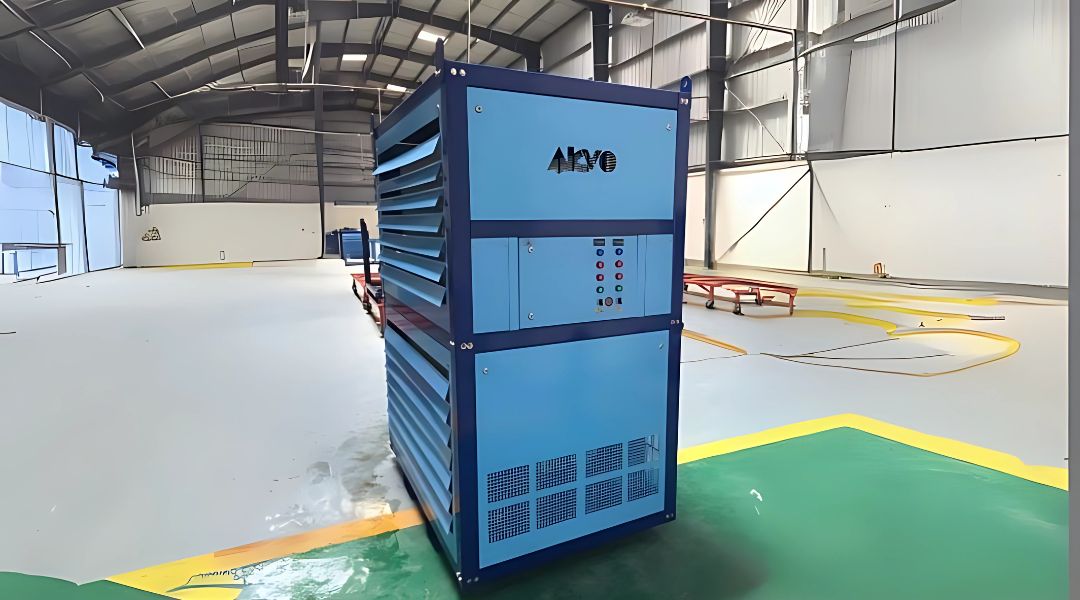This Second Generation Entrepreneur is Striving to Solve India’s Impending Water Crisis
The young-preneur plans to work on other sources of water, energy and renewables that can take us to the next step of sustainability.
There is a saying that being an entrepreneur isn’t just about starting a business, but about looking at an opportunity, grasping it with both hands and following it through. This is the philosophy that drives this second generation entrepreneur who has been striving to bring in innovation and diversification ever since he joined the family business in September 2007.
There are many things which a person learns as an entrepreneur and it does not change with respect to one being a first generation or second generation, the challenges are similar. It is always the thought process which makes all the difference. His father and mentor, Harbans Singh Bagga, founder, Trishan Group of Companies and an enthusiast for diversification – Navkaran Singh Bagga always had the opportunity to be a risk-taker.
Trishan Group, with an annual turnover of approximately INR 95 Crores, is a diversified group of companies with interests in International Trade, Hospitality and High Precision CRCA Steel. Established in 1999 with its flagship company Trishan Exports Pvt Ltd, with International Trade in Export and Import of Bicycles and various Engineering Goods, the group diversified into hospitality with the Dee Empresa Hotel in 2007. Further Expansion has led the group into the acquisition of Walzen Steel Pvt Ltd. now Trishan Metals Pvt Ltd.
The Innovator
Presently Navkaran is the Director of Trishan Exports Pvt. Ltd, and also the Director at Trishan Metals Pvt. Ltd. which a joint venture with IFB Industries Ltd. for manufacturing specialised Automotive Grade Steel. Currently, he is also the Chairman of Alfa Network, the Youth Forum of ASSOCHAM which has a clear focus on promoting Entrepreneurship in India.
Though tough, Navkaran Singh enjoys the challenges that come with handling multiple businesses. “The rule that I follow is to love what you do. If you don’t love it, you will never have the capability or the inclination to look beyond the obstacles and the difficulties,” he enthused,
In addition to managing the diverse verticals of the family business, this young-preneur has now come up with an innovation to solve the growing water crisis of the country. Navkaran is currently working on AKVO, which promises to provide safe and pure drinking water using the AWG (Atmospheric Water Generator) technology.
Providing Solutions to an Impending National Crisis
According to a report by WaterAid, a global advocacy group on water and sanitation; India has around 63.4 million people living in rural areas without access to clean water. That is more than the combined population of Punjab, Haryana and Uttarakhand. With 67% of India’s population living in the rural areas and 7% of the rural population living without access to clean water, India’s rural poor are highly vulnerable to the effects of extreme weather events and climate change.
16% of India’s rural families have piped water. Only 26.9 million out of 167.8 million households (16%) in rural India have piped water, according to data provided by the ministry of drinking water and sanitation to the Rajya Sabha (upper house of Parliament) on February 6, 2017.
AKVO replicates the natural process of condensation by simulating a dew point, which allows it to make water continuously, even in low humidity conditions. The endeavour is to combat water issues experienced worldwide by providing environmentally conscious water options to homes, businesses, industries and in an emergency situation as a complete disaster relief solution.
Being the Change one Wants to See
Navkaran has always been very environmentally conscious and has always strived to use the best environmental practices in his personal life. The thought of generating safe drinking water had always intrigued him as he read about the growing water crisis across India.
“Once I looked into this untapped source of water, I engaged a research team to study the possibility of building a system. It took me over a year to build the first running machine. After a thorough research on Indian climate, the market viability, competitors and the industry the development aspect of the AWG machine was initiated,” shared Navkaran.
Team AKVO, headed by Navkaran, includes 10 members for R&D and has Pradeep Verma, an ex- Berkshire Hathaway, who has joined as Head of Global Business.
“We must bring about a change in the agriculture sector. I plan to think, innovate and invest in newer and cost-efficient technologies while using the earth’s natural resources as a platform. The technology used by AKVO must find its way towards common usage where it can be effectively used, such as in hospitals, railways and municipalities, as a source of potable water. Besides, it must reach the rural populace and find large-scale use in India by 2050. I also intend to work on other sources of water, energy and renewables that can take us to the next step of sustainability,” concluded the young Bagga.
Read the article here: Entrepreneur.com
